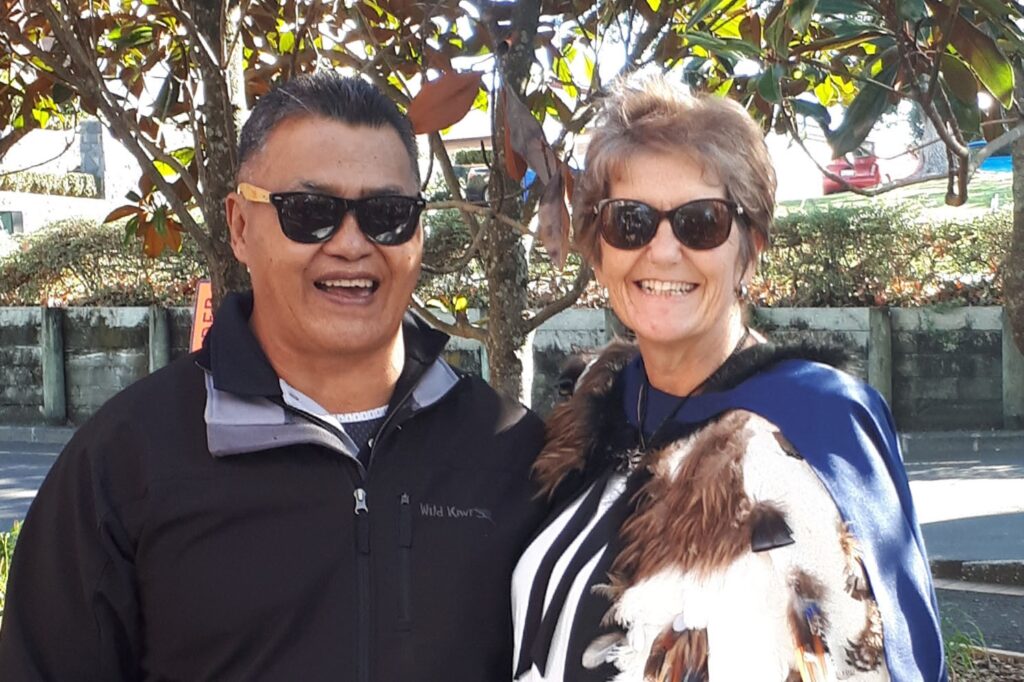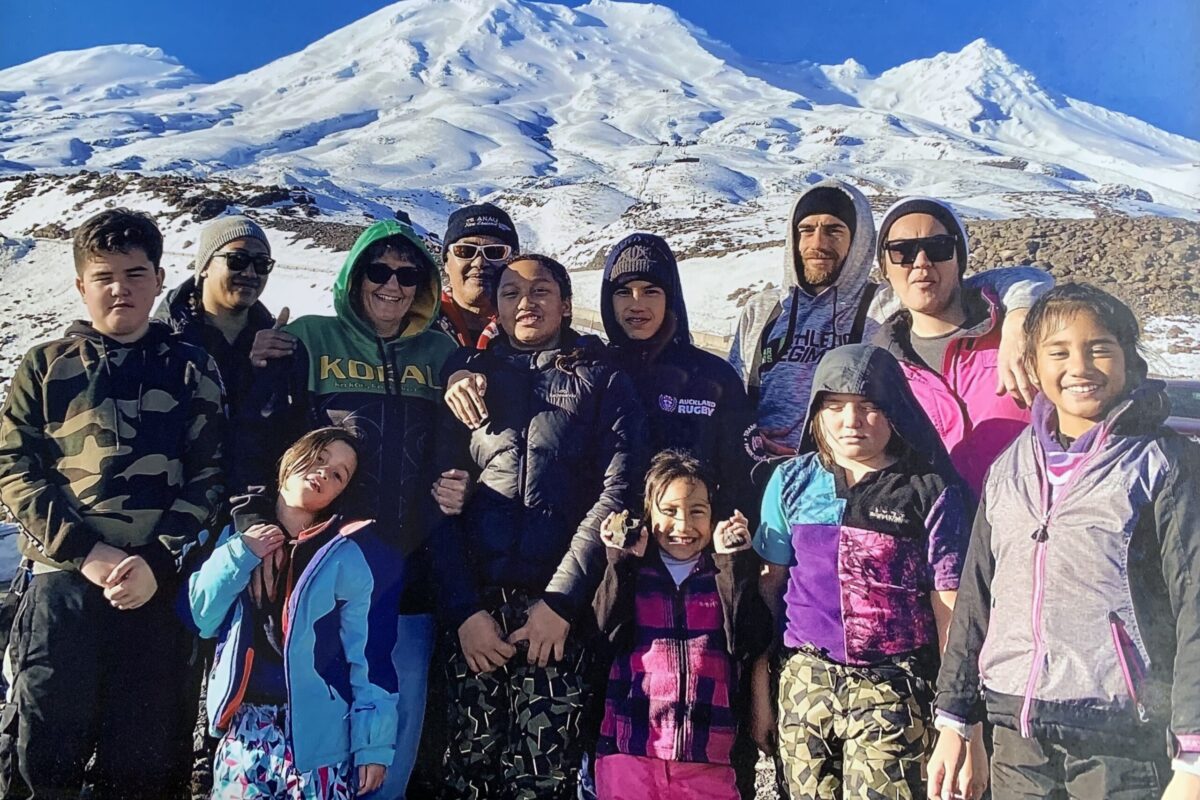Te Pou graduates from Massey University in May with her postgraduate diploma in nursing to become a nurse practitioner (NP) — after completing a Masters in Nursing.
“I deviated off course several times. You might have to put your dream on hold but if you’ve got a vision, it doesn’t matter. Even if life side-tracks you, that still makes you who you are. It gives you those experiences and builds you up.”
Her drive to become a nurse came after she spent much of her early childhood in hospital due to asthma — and surviving two paediatric cardiac arrests. Those years gave her a firsthand look at the impact of nursing in health care.
Te Pou started her nurse training in 1986, and via a series of life-changing work experiences here and overseas, and her latest education stint has fulfilled her dream to become an NP.

She initially started her NP studies back in the late 1990s — which would have placed her as one of the first waves of registered NPs in the country.
Instead Te Pou paused her study to travel and work in the United Kingdom with her family — a journey meant to last a single year, which ended up lasting six. This stint included work as a nurse manager in an intensive care unit (ICU).
She is Tararā-Māori, a person of Dalmation and Māori heritage from northern iwi Ngāpuhi, and was adopted according to Māori tradition as a whāngai in a whānau from Ngāti Tūwharetoa.
In 2018 she returned to study and was tasked with creating a Māori model of health care for a summer school course.
“Now I can say, I’ve become an equivalent of what my aunties would call a doctor.”
“It was a real lightbulb moment because it was relationship-centred. In whakawhanaungatanga, establishing relationships in a Māori context, you must give a little of yourself – this is who I am, and this is where I come from – to develop a connection…”
Her Te Manawa o Te Ora/The Breath of Life concept saw her gain top marks in the course, and an invitation to join the NP programme.
With her own experiences with asthma, Te Pou said she wanted to become a nurse practitioner in long-term care with a respiratory focus looking at the whole person and their health. “Studies around long term, multiple conditions show that whaiora [patients] and whānau want consistency and continuity of care…”
She is now working in Hawke’s Bay as an NP in long-term care with expertise in respiratory health. It comes after what she described as the “hardest study year” of her life.
Her advice to others thinking about taking up the study was “don’t give up”. “It doesn’t matter how hard it is or if it takes you 20-odd years like me, don’t give up because life’s still a journey.”
Te Pou said for years she’d had aunties ask, “when are you going to become doctor Kate?”
“Now I can say, I’ve become an equivalent of what my aunties would call a doctor. It’s because of having those conversations at the marae that inspired me to ask myself, ‘What can you do for the people?’”





